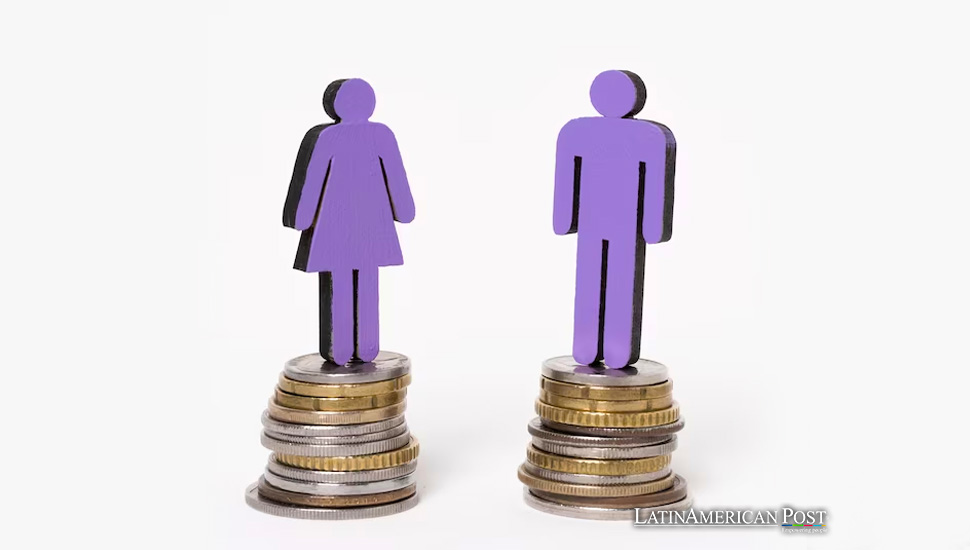Ecuador Approves Landmark Gender Pay Equality Law

In a historic move towards gender equality, Ecuador’s National Assembly has approved a groundbreaking law to eliminate salary discrimination based on sex or gender. This legislation, supported by most of the Assembly’s legislators, is a monumental stride in addressing gender pay gaps and fostering workplace equality in Ecuador.
Legislative Advancement: Ecuador Ratifies Equal Pay Law
With 96 votes out of 137 legislators, the Ecuadorian legislative body ratified most of a text initially approved last November. The Executive had made observations on two articles, carefully considered and incorporated per the Parliament’s announcement. With 132 legislators present in Tuesday’s session, the Assembly addressed these observations, refining the law’s purpose and guiding principles to ensure clarity and prevent ambiguities in the final text.
This legislative achievement ensures the law will be published in the Official Registry, thereby formalizing its enactment. The key focus of the legislation is to “guarantee equal pay and any form of economic remuneration between women and men for the same work or work of equal value, without discrimination based on sex or gender,” as emphasized by the Assembly. This law is a critical step in ensuring fair and equitable treatment in the workplace, addressing longstanding disparities in pay and opportunities between men and women.
Establishing a National System
Comprising fourteen articles, the law establishes a “national system for the qualification of equal remuneration, measures for prevention, reporting and registration, incentives, and an administrative procedure for addressing violations of the right to equal remuneration.” This comprehensive approach demonstrates a commitment to address the issue of pay inequality and create a sustainable framework for its continued monitoring and improvement.
Marcela Holguín, Vice President of the Parliamentary Commission on the Right to Work, highlighted the unanimous legislative support for the initiative, underscoring its importance in promoting equality between men and women. Holguín referenced a report by the Inter-American Development Bank (IDB), which indicated a significant gap in adequate employment rates (those receiving at least the minimum wage) between men and women in Ecuador – 40.8% for men compared to 28.7% for women in 2023. Additionally, she pointed out that the average labor income for men was $457.4 per month, while for women, it was $404.6.
Addressing Disparities: A Call for Policy Action
During the plenary debate, several of Holguín’s colleagues emphasized the necessity for Ecuador to “promote and apply policies that eradicate discriminatory practices, reduce labor precariousness for gender reasons, and lessen the salary gap between men and women.” This sentiment reflects a growing awareness and commitment to addressing gender-based disparities in the workplace, not just in terms of pay but also in terms of job security and career advancement opportunities.
Ana Karen Gómez, Director of the Association of Women for Gender Equity and Autonomy, lauded the new legislation, noting that it “promotes a more equitable work environment between men and women.” Her organization contributed to the parliamentary debate with academic and research inputs that enriched the legislation’s content. The law’s application spans all state institutions, ensuring a wide-reaching impact across various sectors.
Also read: Brazil Offers Police Support to Ecuador Amidst Violence Crisis
Ecuador’s decision to pass this law is a significant milestone in the global movement towards gender equality. By addressing the pay gap and ensuring equal remuneration for equal work, Ecuador sets a precedent for other countries in the region and worldwide. The legislation corrects historical injustices and paves the way for a more inclusive and fair society where individuals are valued and compensated equally, irrespective of gender. This law is a testament to the progress achieved when governments, civil society, and the public work collaboratively toward equality and justice.





